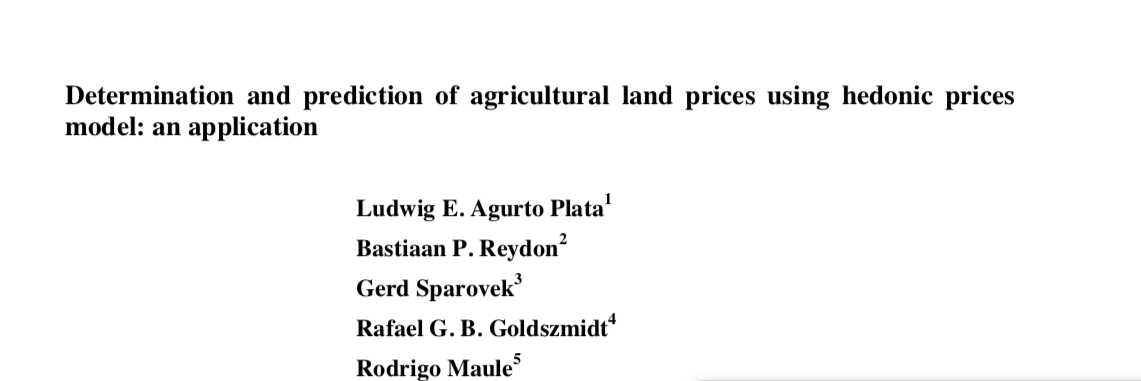Preferential resource allocation? Mahatma Gandhi National Rural Employment Guarantee Scheme in Andhra Pradesh
India’s Mahatma Gandhi National Rural Employment Guarantee Scheme (MGNREGS) employs about 50 million men and women every year and offers an important opportunity for in-vestigating the link between public works spending and the politi-cal allocation of funds. First of all, MGNREGS is derived from the Mahatma Gandhi National Rural Employment Guarantee Act (MGNREGA), which grants citizens the “right to work” on local in-frastructure projects at a set minimum wage.




